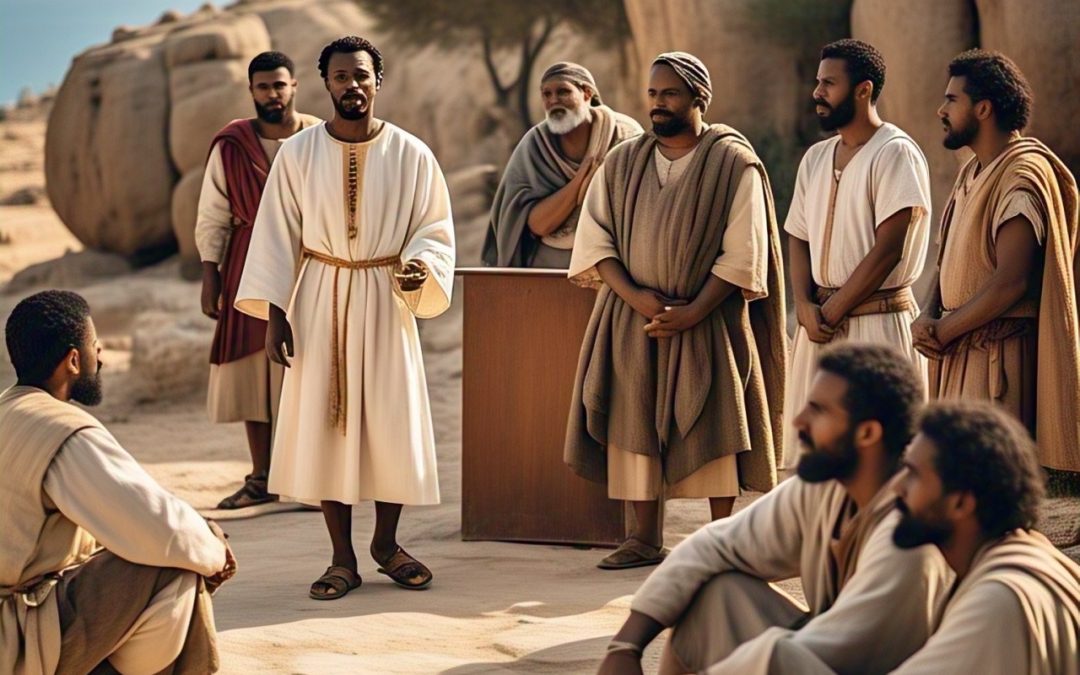In the shadow of imperial Rome, where Caesar claimed titles like “Lord,” “Savior,” and “Son of God,” the early Christian proclamation that “Jesus Christ is Lord” constituted nothing less than a revolutionary political theology. Paul’s declaration to the Philippian church represents one of the most audacious counter-imperial statements in the New Testament, challenging the very foundations of Roman political ideology.
The historical and geographical context of this proclamation amplifies its subversive nature. Philippi was no ordinary Roman colony, but a special settlement established for veterans of Rome’s civil wars. As a Roman military colony, it maintained strong imperial allegiance and Roman cultural identity. The city literally embodied Roman imperial victory, with the defeat of Brutus and Cassius by Octavian and Mark Antony in 42 BC occurring on its doorstep. This battle marked the decisive shift from republican to imperial Rome.
Into this distinctly Roman environment—where imperial cult worship flourished and loyalty to Caesar was expected—Paul writes of a crucified Jewish teacher who has been exalted above every earthly power. The language of Philippians 2:9-11 deliberately echoes Isaiah 45:23, where YHWH declares that every knee will bow to Him alone. By applying this text to Jesus, Paul makes the extraordinary claim that Jesus shares in divine identity and authority.
The political implications were unmistakable. When Paul proclaimed that “every knee should bow” to Jesus, his first-century audience would have immediately recognized the parallel to imperial ceremonies where subjects demonstrated submission to Caesar. The confession that “Jesus Christ is Lord” directly challenged the loyalty oath to Caesar as lord. The Philippian Christians were effectively pledging allegiance to an executed enemy of the state over the living emperor.
What makes this proclamation even more remarkable is that it appears within the “Christ hymn” (Philippians 2:5-11), which describes Christ’s self-emptying and humiliation before His exaltation. Unlike Caesar, who grasped at divine honors, Christ willingly surrendered status and power, embracing the shameful death of a slave. Paul presents a radically different model of authority based not on domination but on self-giving love.
This alternative political theology had implications for the Philippian community. If Christ rather than Caesar is Lord, then the community’s primary allegiance and source of identity shifted from the empire to the ecclesia. Their “citizenship” (politeuomai) was now in heaven (Philippians 3:20), creating an alternative political community amid the Roman colony.
The message remains equally challenging today. In contexts where political, economic, or cultural powers demand ultimate allegiance, the confession “Jesus is Lord” continues to function as a boundary-setting claim that relativizes all other loyalties. Christ’s lordship calls Christians to evaluate every system, ideology, and institution against the measure of the crucified and risen one who emptied Himself for the sake of others.
Paul’s letter to the Philippians reminds us that authentic Christian faith can never be fully accommodated to any earthly power structure. It always maintains a critical edge, calling every authority to account before the one to whom, ultimately, every knee will bow.
Prayer
Sovereign Lord Jesus,
In a world of competing powers and principalities, we declare again what the Philippian church boldly proclaimed: That You alone are Lord, above every authority, every system, every empire.
When earthly powers demand our ultimate allegiance, remind us of Your exaltation to the highest place, not through force or domination, but through the path of humble service and self-emptying love.
Like those first believers in Philippi, who confessed Your lordship in the shadow of imperial might, may we too find courage to live as citizens of heaven while still journeying through the empires of this world.
Forgive us when we bend our knees too readily before other lords, before wealth and comfort, before national identity and political ideology, before all powers that promise security through strength rather than sacrifice.
Help us to embody a different kind of community, where status comes through service, where greatness is measured by generosity, where power is expressed in love.
May our lives together become a living witness to the subversive truth that the crucified one is Lord, that the way of the cross supersedes the way of the sword, that Your kingdom relativizes all earthly kingdoms.
Until that day when every knee shall bow and every tongue confess that Jesus Christ is Lord, to the glory of God the Father.
Amen.


Recent Comments